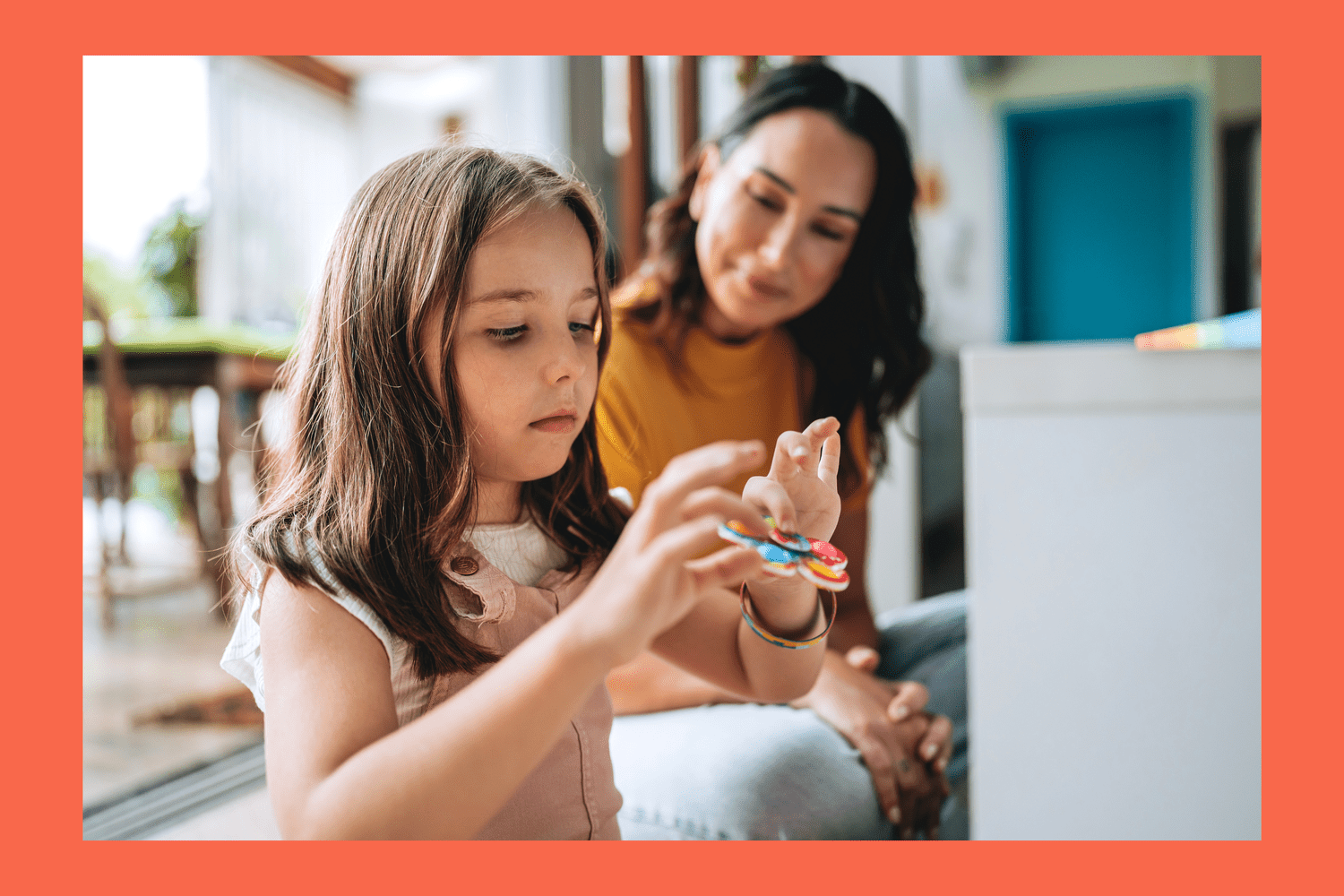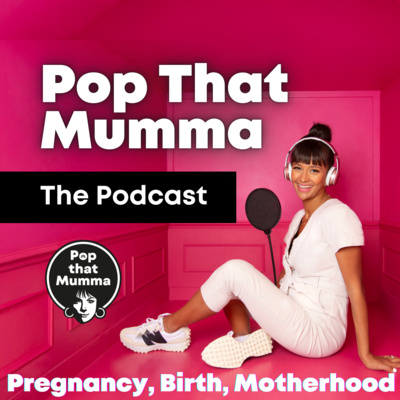
Over the last decade or more, the number of kids diagnosed with autism spectrum disorder has increased significantly. In fact, the Centers for Disease Control and Prevention (CDC) estimates that about one in 31 children have autism, making it the most common neurodevelopmental condition in the U.S.
But this increase doesn’t mean that autism is growing faster than what should be expected. Instead, experts explain that increased awareness, wider research, and clearer diagnostic criteria are likely responsible for the increase—along with adults who are receiving diagnoses later in life.
“While we don’t understand the rise in cases in its entirety, the increase is due largely to greater awareness, improved screening, and more willingness among parents and professionals to seek and accept a diagnosis,” says Clain Udy, the father of a son with autism, founder of First Ascent, and author of Rebranding Autism: A Guide to Seeing Strength on the Spectrum. “Additionally, more adults are being diagnosed as they recognize autistic traits in themselves.”
What Is Autism?
Autism spectrum disorder (ASD) is a neurodevelopmental condition that affects how kids experience the world around them, says Ivy Chong, PhD, BCBA-D, a licensed psychologist and chief clinical officer at Little Leaves Behavioral Services.
“We refer to ASD as a spectrum because it looks different for everyone, and each person has a distinct set of strengths and challenges,” says Dr. Chong. “As the saying goes, ‘If you’ve met one child with autism, you’ve met one child with autism,’ emphasizing the uniqueness of each individual’s experience.”
Some individuals with autism can speak and live entirely independently, while others may need to communicate through gestures or augmentative devices and require lifelong support to remain safe, she says. “Additionally, a large proportion—around 70%—experience at least one comorbid condition, and about 40% experience two or more co-occurring conditions.”
How Does Autism Develop?
Autism develops from a combination of genetic and environmental influences, explains Dr. Chong. The CDC reports that 60% to 90% of autism cases have a genetic component, involving multiple genes rather than a single one, she says.
“Unlike conditions like Down syndrome, where a specific gene can be pinpointed, autism’s genetic factors are more complex,” she says.
Environmental factors, like parental age, maternal diabetes, exposure to specific air pollutants, low birth weight, and birth complications also can increase risk of autism, especially when combined with genetic factors. It’s unlikely these factors would cause autism independently, though.
“Autism doesn’t discriminate,” says Dr. Chong. “It occurs in individuals of all races, cultures, socioeconomic statuses, and geographic locations.”
How Does Autism Present in Children?
Because autism is a spectrum disorder, signs or traits can vary from child to child, says Fadiyla Dopwell Louis-Obike, MD, a board-certified developmental-behavioral pediatrician at Pediatrix Medical Group in Dallas. This means autism looks different for every person diagnosed with the condition. Here are some traits that may be present with autism:
- Communication differences
- Sensory differences
- Stimulation differences
- Learning differences
This nonlinear spectrum applies to strengths as well, says Udy. Some examples include attention to detail, pattern recognition, memory, spatial awareness, and deep focus, to name a few. All are hallmark characteristics that, when recognized and supported, can lead to a recognition of incredible strengths, he says.
“So instead of framing autism in terms of ‘symptoms,’ let’s reframe it as a unique pattern of cognitive strengths and differences,” says Udy. “This perspective shift moves us from deficit to distinction.”
How Is Autism Diagnosed?
Autism is diagnosed through a series of assessments. The American Academy of Pediatrics (AAP) recommends health care providers screen for regular developmental delays at 9 months, 18 months, and 30 months, says Dr. Chong.
“Autism can be reliably diagnosed as early as 18 to 24 months,” she says. “However, if you have concerns about your child’s development at any time, you should seek advice from your pediatrician. Some children have been diagnosed as early as 11 or 12 months.”
According to Dr. Chong, a combination of tools, including parent interviews, direct observations, and standardized assessments are used for diagnosis. There also isn’t one simple test or biological marker, rather, a combination of developmental screenings and evaluations, she says.
“If a pediatrician or parent notices a concern, [your] child may be referred for a comprehensive evaluation, which includes interviews and observations conducted by professionals,” she says. “The Autism Diagnostic Observation Schedule is considered the gold standard for diagnosis. Early diagnosis is critical for accessing early intensive intervention, to address the diverse symptoms, particularly when a child does not speak.”
What Experts Say About the Rise in Cases
The rise in autism diagnoses is likely influenced by multiple factors, including increased awareness, expanded diagnostic criteria, and improved screening practices, says Theresa Haskins, EdD, MA, a TEDx speaker and award-winning professor specializing in neurodiversity and disability inclusion.
“But, the numbers are not telling an accurate story,” says Dr. Haskins. “It’s not that we are seeing more autism—it’s that we are better at identifying autistic people. For years, kids in marginalized communities were overlooked or misdiagnosed, usually because they lacked the resources to get adequate assessment and care.”
Today, more parents are advocating, more professionals are trained, and children are being identified earlier, she says. “This rise in autism rates reflects progress in awareness and access—not necessarily an epidemic. I think we need to be careful only to make comparisons of data under current diagnostic criteria. Looking back too far provides an inaccurate assessment of the situation.”
Likewise, children who might have previously been diagnosed with something else like intellectual disability, language disorder, attention deficit hyperactivity disorder (ADHD), or obsessive compulsive disorder (OCD) are now more often being diagnosed with ASD, says Dr. Chong.
Combatting Misconceptions and Falsehoods About Autism
Despite the advances in understanding autism and its causes, there still are an alarming number of misconceptions. Here are some important facts to know in the face of myths that pervade.
Fact: Autism Cannot Be ‘Prevented’
Some people falsely believe that autism can be prevented, but this is not the case, points out Vanessa Palomera, MA, LMFT, a neurodivergent psychotherapist and founder of Serene Butterfly Counseling.
“It’s a natural part of neurodiversity, just like variations in personality, learning styles, or temperament. Efforts to prevent autism often stem from misunderstanding and ableism. Instead, we should be focused on supporting autistic people and creating environments where they can thrive.”
Fact: Vaccines Do Not Cause Autism
One of the most worrisome misconceptions is the harmful myth that vaccines cause autism. This false belief emerged after researchers of a now-debunked study of 12 children claimed that vaccines could cause autism. Since that study was first published in 1998, there have been at least 20 other better quality studies with larger numbers of people included. Each of those studies have been unable to show a link between vaccines and autism.
“The vaccination theory that has resurfaced recently has been widely disproven,” says Udy. “Furthermore, thimerosal—the mercury-based preservative in vaccines once thought to cause autism—was phased out of most U.S. childhood vaccines starting in 1999.”
Fact: Autism Cannot Be ‘Cured’
Another common misconception is that autism can be cured. “We’re not going to cure autism—and that’s a good thing,” says Udy. “Autism has always existed. It is not a disease. Autism is a brain profile—a part of human neurodiversity that has always been here.”
Fact: Autism Can Affect Kids of Any Gender
There’s also a widespread false belief that autism only affects boys because they tend to be three times more likely to be diagnosed with ASD than girls. This doesn’t mean that girls don’t have autism; it indicates that girls are widely under-diagnosed.
One study found that 39% more girls or women should be diagnosed with autism than currently are. Researchers suggest that diagnostic tools and evaluations need to be adapted to detect the differences between boys and girls and the way autism shows up.
Fact: Autism Doesn’t Equate to Hardship
When people view autism for what is different or hard about it instead of where the strengths exist, they are misunderstanding the condition and attaching false beliefs to what people are experiencing.
“The real challenge isn’t preventing autism; it’s stopping the stigma, exclusion, and lack of support that too many autistic people still face,” says Dr. Haskins. “…Different doesn’t mean less. You will have a different road to travel, but that just makes it a unique adventure.”
Fact: Many People With Autism Are Able to Live Independent, Full Lives
Another common misconception is that all autistic children are unable to live independently and have relationships, says Dr. Dopwell. There are children with comorbid diagnoses of developmental delays, intellectual developmental disorders, and genetic disorders that may require continued support as they transition to adulthood, she says.
“However, there are other children who are able to live independently as adults or with minimal support from parents, have long-term relationships, and have a family,” she adds. “A diagnosis of ASD does not mean [your] child has challenges with intellectual functioning or academic achievement.”
It’s important to note though, that all autistic people are valid and worthy of support—regardless of whether they are able to live independently or not.
Fact: Empathy and Autism Can and Do Co-Exist
Another harmful misconception is that autistic children do not have empathy, says Dr. Dopwell. “Some children may struggle with expressing and understanding emotions, but not all children have these challenges. Some children can be very empathetic and recognize changes in other’s moods [or] emotions, especially those of their caregivers.”
Fact: Friendships Are Important for Many Autistic People
Another misconception is that autistic people don’t want or aren’t interested in friendships or relationships, says Dr. Chong. “Many people with autism are among the most social individuals, with big hearts and a strong desire to sustain friendships. They may initially struggle to build those relationships but can learn with coaching and teaching.”
Programs like Love on the Spectrum and social media are helping to dispel these misconceptions, showing that many individuals with autism live independently, have , are successful, and find love, just like anyone else, she says. While some may need sustained support, many do not.
What To Do if You Suspect Your Child Has Autism
If you suspect your child has autism, Palomera suggests taking a deep breath first. “If your child is autistic, they are still the same beautiful, unique person you’ve always known. The best thing you can do is get curious; observe, learn, and seek an evaluation from a neurodiversity-affirming professional.”
You also can talk with their pediatrician about your concerns and ask for further evaluations and testing. Other options include talking to your child’s school psychologist, seeing what services your state offers, or seeking out private evaluation services.
Vanessa Palomera, MA, LMFT
Knowing [your child’s] neurodivergence, nurturing their strengths, and supporting their challenges is going to make the world of a difference.
— Vanessa Palomera, MA, LMFT
Autism is not a tragedy, says Palomera. “But the lack of understanding, acceptance, and accommodations can be. As a therapist, a mother, and a neurodivergent woman, I’m passionate about shifting the conversation from pathologizing to empowering. When we honor autism and create space for different ways of thinking, we all benefit.”





